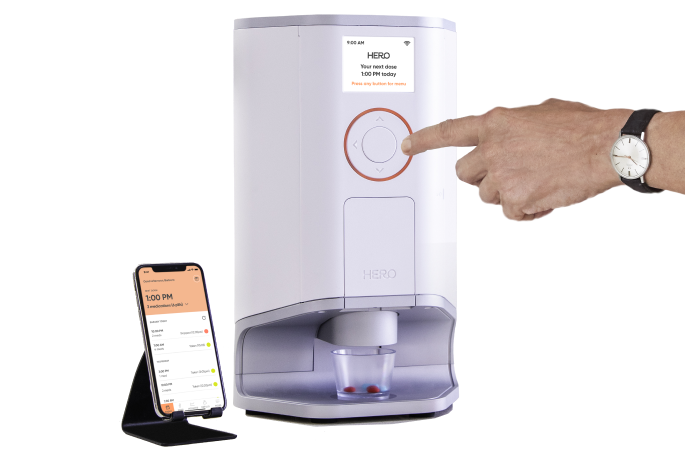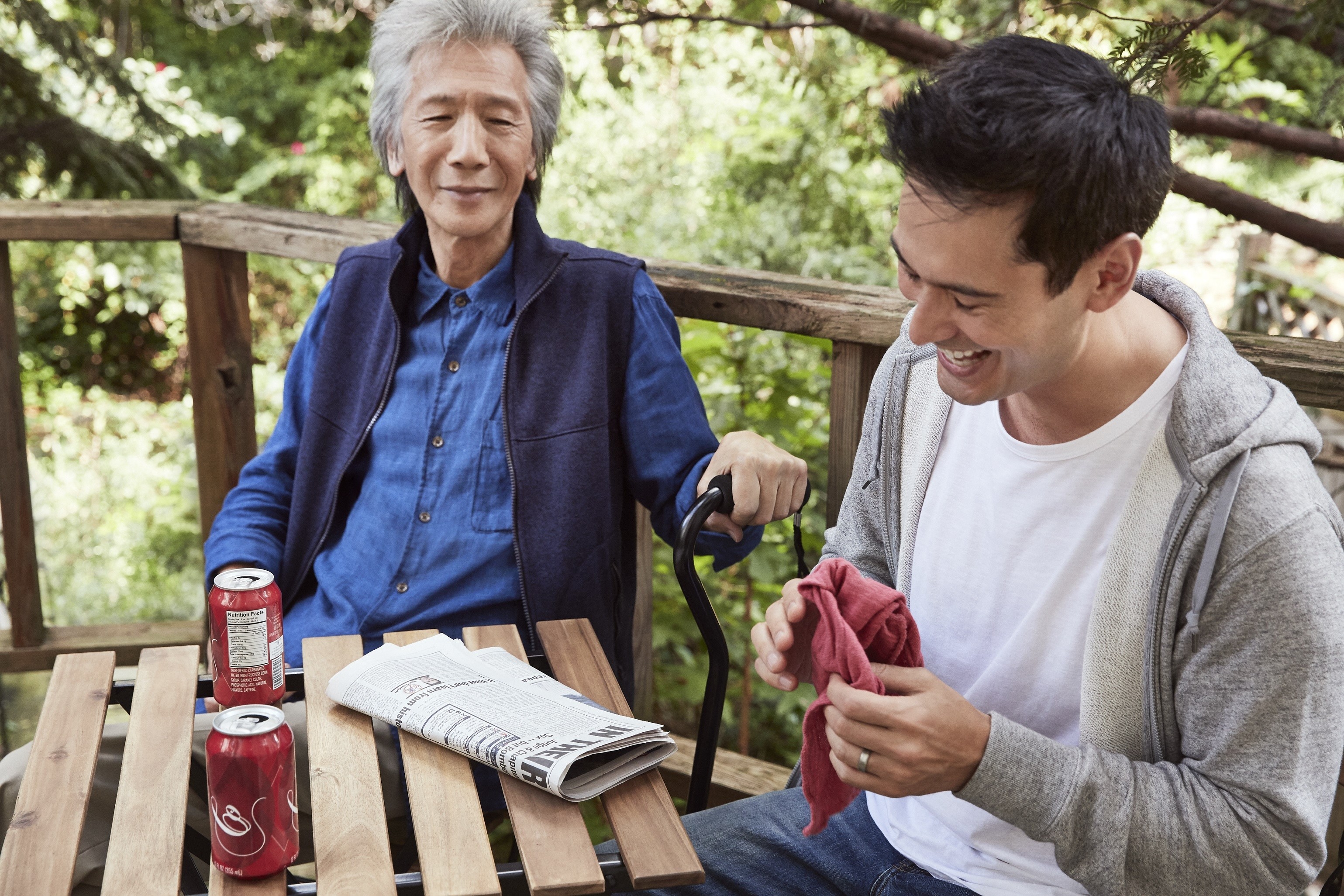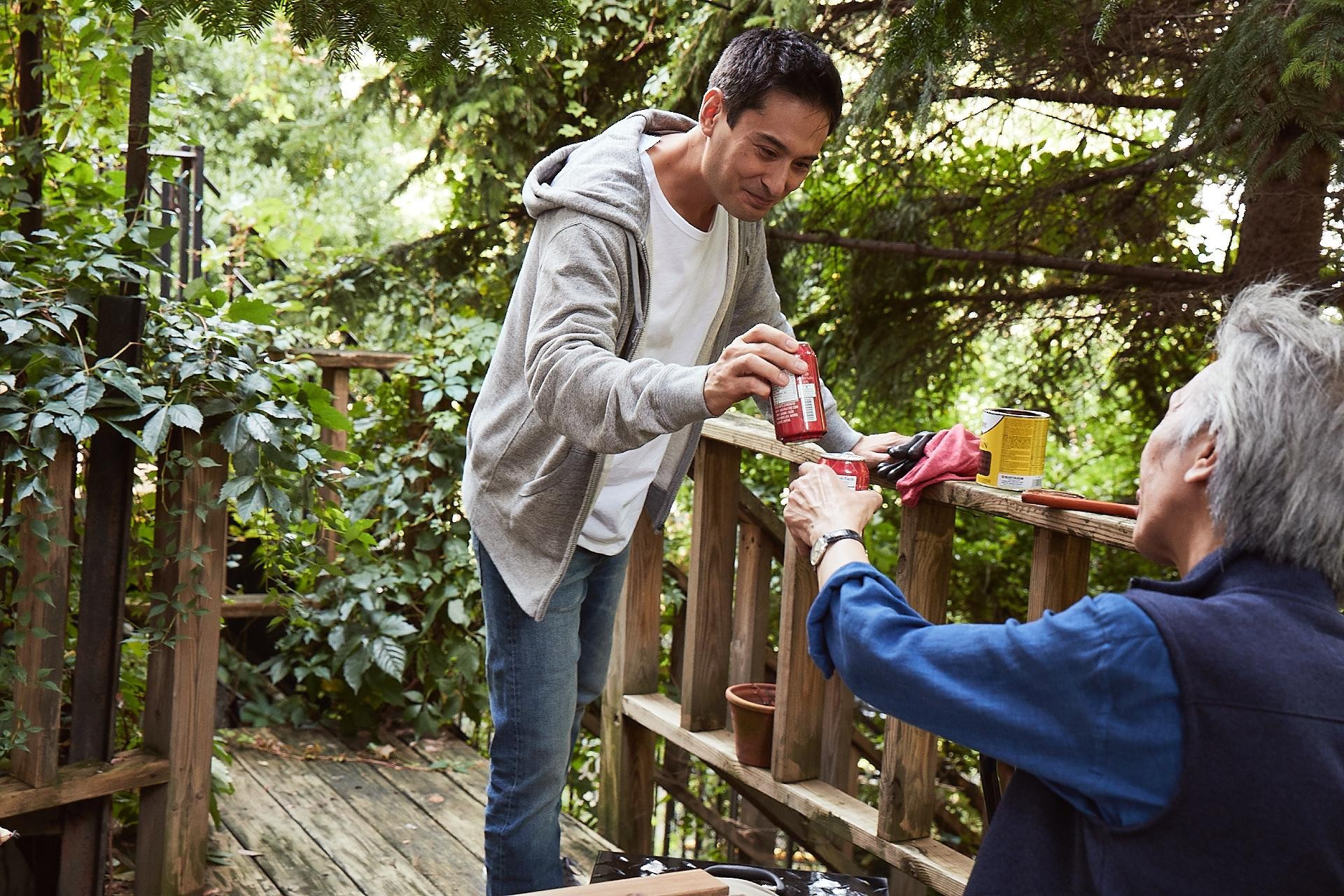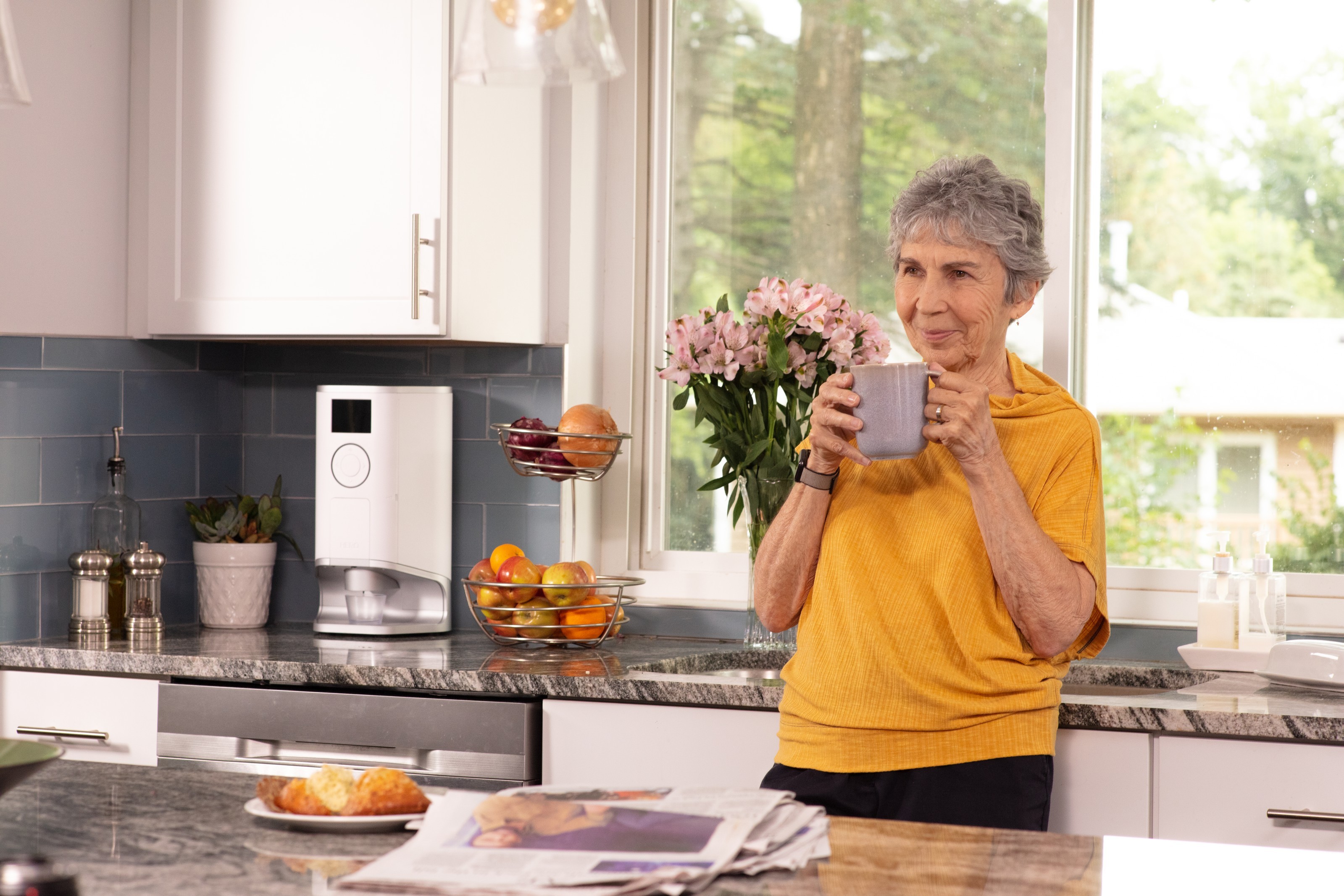Engaging a Care Partner: Benefits and Setting Boundaries in Care Partnering

Taking care: Navigating the complexities of caregiving can be a daunting task for caregivers. Learn how those who receive and provide care need to strike a balance and establish boundaries to foster a healthy care partnering relationship.
Introduction: Understanding the Role of a Care Partner
Before we delve into the intricacies of care partnering, it's essential to understand who a care partner is and what they do. A care partner provides support to a licensed nurse in caring for patients in a hospital, nursing home, or similar facility. They tend to the basic needs of the patient as directed by the attending nurse and assist them with any additional tasks. As a care partner, job duties include taking blood pressure measurements, checking body temperature, and monitoring pulse rates. They also assist patients with bathroom trips and recovery walks and administer medication.
Care Partner Responsibilities: A Deep Dive
The responsibilities of a care partner extend beyond basic patient care. They play a crucial role in the healthcare team, often working closely with nursing staff and other medical professionals to ensure the patient's well-being. Care partners are responsible for a wide range of tasks, from monitoring vital signs to assisting with daily tasks such as feeding and bathing. They also play a significant role in the patient's emotional well-being, providing companionship and emotional support.
Care partners also play a crucial role in communication within the healthcare team. They often serve as a bridge between the patient and the medical staff, relaying information about the patient's condition and any changes they observe. This communication is vital for ensuring that the patient receives the best possible care.
The Patient Care Team: The Role of Care Partners
Care partners are an integral part of the patient care team. They work alongside doctors, nurses, and other healthcare professionals to provide comprehensive care to patients. In many cases, care partners are the ones who spend the most time with patients, giving them a unique insight into the patient's condition and needs.
In a children's hospital, for example, care partners may be involved in providing specialized care to young patients. They may assist with tasks such as feeding, bathing, and comforting children, as well as communicating with family members about the child's condition.
In a hospital or other medical care setting, care partners often work closely with the nursing staff. They may assist nurses with clinical tasks, such as taking vital signs or administering medication. They may also help with more physical tasks, such as moving or lifting patients, which requires physical stamina.
Complex med schedule? We solved it.
Hero’s smart dispenser reminds you to take your meds and dispenses the right dose, at the right time.

Embracing the Role of a Care Partner
In the realm of healthcare, the journey of a care partner is a testament to compassion, resilience, and the profound impact of providing quality care. Care partners, often the unsung heroes in a patient's healthcare team, bridge the gap between professional medical care and the essential emotional support that patients need. They are the ones who step in when family members are unable to, offering assistance with daily tasks, monitoring vital signs, and providing a listening ear.
In the ensuing personal account, we delve into the life of a care partner, from the initial stages of offering help to a vulnerable neighbor, to the evolution of a deep, meaningful relationship built on trust, respect, and mutual understanding. This narrative is a vivid example of care partner responsibilities, demonstrating how this role can enhance relationships, alleviate potential points of conflict, and ultimately, increase joy in the lives of both the caregiver and the person receiving care.

Finding my footing
My neighbor, Joe, was in his early 80s when his wife died, leaving him alone in his home of many decades. Joe was unusually vulnerable due to being 100 percent deaf from Meniere’s disease. We'd had a neighborly relationship from the start, but his wife's death is what led me to offer my help with his grocery shopping. After a time, I began to visit daily, and we grew close. To communicate, I’d write on a legal pad; then he’d read what I’d said and verbally respond. Each visit left him with several pages of conversation to review.
A partnership with healthy boundaries evolves
The first was when Joe and I had a disagreement about allowing me to take over filling his bird feeders every morning.
As Joe and I developed a (usually) easy relationship with healthy boundaries, there were lessons to learn.
I understood that Joe’s being able to sit at his kitchen table while watching the birds flock to his backyard feeders was one of his daily pleasures. So, in my determination to be helpful, I told him that I’d be happy to take over what to me was his chore of getting the food from heavy bags and filling the feeders daily.
"Honey,” he said, “I do that because I want to do it.” He went on to tell me about the satisfaction he feels when he makes certain that the birds were fed. As he continued to talk, I learned how he'd watch for certain birds to return after migration, and how maddening it was that the squirrels would steal the nuts meant for the blue jays. As he talked, I saw his face light up with joy over his birds, and I finally got it. What I thought was just a kind offer to make his life easier was, to him, an attempt to take away one of his few joys.
Naturally, I worried when winter came and I'd see him tottering out to his garage on the icy sidewalk to reach the bird’s food. That concern spurred me to renew my offer to help, but Joe pointed out how his clothesline was strung so that he could hang on as he walked. He felt perfectly safe. While I could have argued, I understood that this was something he had to do, so I’d have to step back. Of course, I kept my eye on him from a distance, but he continued to do what he loved.
Our care partnership increased our joy
Joe’s walk was unstable due to his Meniere’s disease and the accompanying bouts of vertigo, so we continued to have more discussions about what worried me about his safety. We clashed over him, insisting he go down to his basement to wash and dry his clothes. We clashed over him deciding that he would walk downtown (translation: visit a long-time favorite bar close to a mile away). However, over time, I learned that Joe’s life was his to live. Only he knew what kind of risk was worth taking; what gave his life meaning.
Gradually, I grew in accepting that he’d do things that I could have done much faster with little or no risk because these were things that gave him a reason to get up in the morning. As Joe saw me grow, he learned to trust that my offers weren’t meant to limit his life. He understood that I just didn’t want to see him get hurt.
Years later, Joe fell in his kitchen and broke his hip. To credit my caregiving nature, due to the emergency device I insisted he wear, I was able to be alerted. I rode the ambulance, dealt with the medical system, then helped move him to a nearby nursing home.
Joe's hip healed fine, but because he was unable to experience the joy of feeding and watching the birds or walking downtown, he lost his sense of autonomy and passed away shortly afterward.

The Importance of Care Partners in Healthcare
Care partners play a vital role in healthcare, providing essential support to both patients and medical staff. They assist with a wide range of tasks, from basic patient care to more complex clinical duties. They also play a crucial role in communication within the healthcare team, ensuring that all members are informed about the patient's condition. By providing compassionate and comprehensive care, care partners tend to make a significant difference in the lives of patients and their families.
To be a good care partner, you need compassion and a willingness to work with patients who may be dealing with difficult health issues. You must be hardworking and have the ability to multitask. Strong communication skills are also essential, as care partners often serve as a bridge between the patient and the medical staff.
The contents of the above article are for informational and educational purposes only. The article is not intended to be a substitute for professional medical advice, diagnosis, or treatment. Always seek the advice of your physician or other qualified clinician with any questions you may have regarding a medical condition or its treatment and do not disregard professional medical advice or delay seeking it because of information published by us. Hero is indicated for medication dispensing for general use and not for patients with any specific disease or condition. Any reference to specific conditions are for informational purposes only and are not indications for use of the device.



